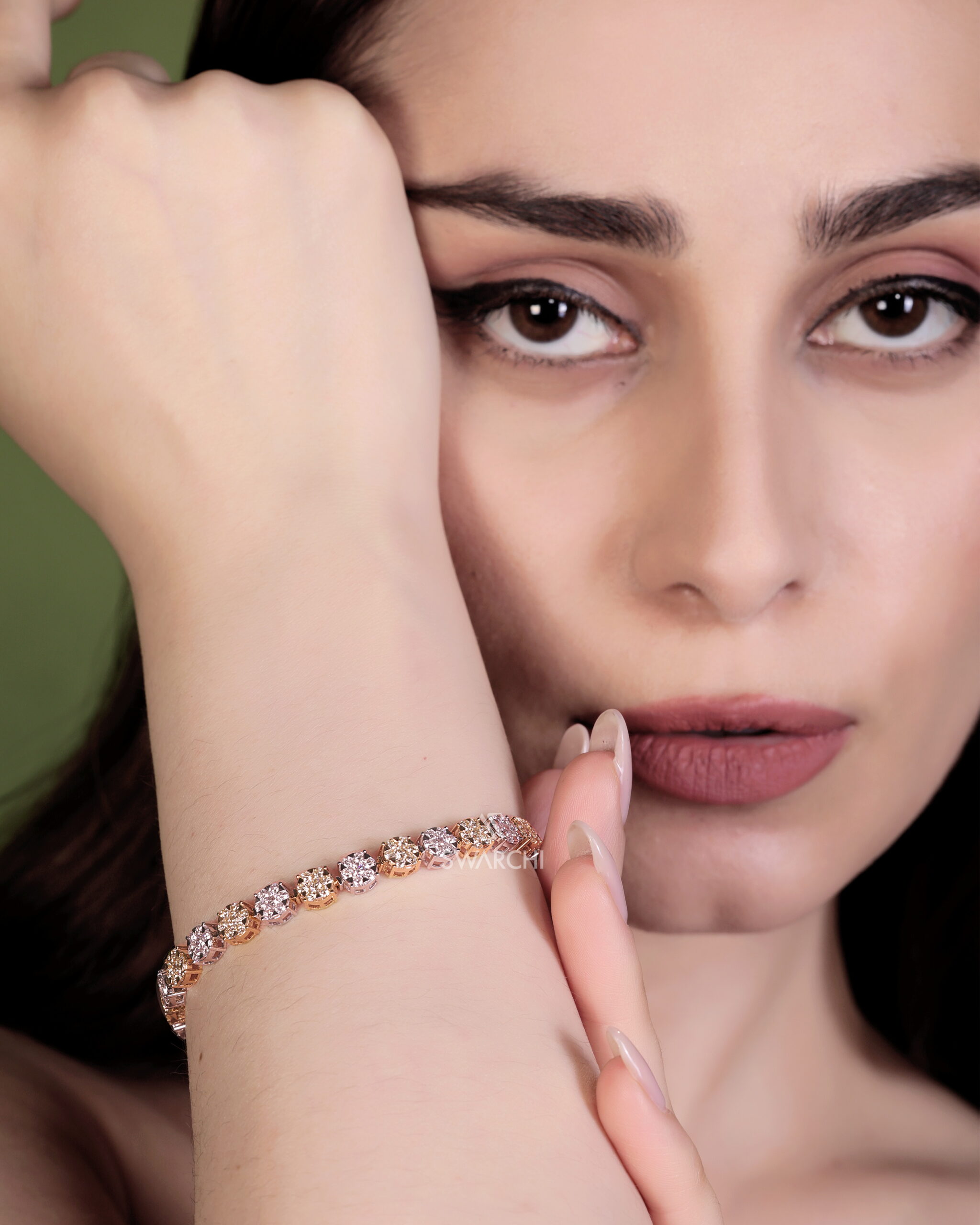When thinking about what to pass down to future generations, many people consider jewelry as an inheritance. This age-old tradition of gifting precious metals, stones, and heirlooms can carry deep sentimental and financial significance. But like any inheritance, there are both advantages and potential challenges. Let’s take a closer look at the pros and cons of giving jewelry as an inheritance.
Benefits of Giving Jewelry as an Inheritance
-
Sentimental Value:
Jewelry often carries a personal connection to family history. Heirlooms passed down through generations can evoke powerful memories and emotions, connecting the giver and receiver through shared family traditions. Whether it’s a grandmother’s wedding ring or a bracelet worn by a beloved relative, the sentimental value of such gifts is priceless. This connection can make the item even more cherished over time.
-
Longevity and Durability:
Jewelry, especially when made of high-quality materials like gold, platinum, and diamonds, can last for generations. These durable pieces often retain or even appreciate in value over time. Unlike other assets, such as furniture or clothing, jewelry isn’t likely to wear out or lose its usefulness. This makes it a long-lasting heirloom that can be passed down as a lasting symbol of legacy.
-
Financial Value:
High-end jewelry can also have significant financial value. If the piece was purchased with high-quality precious metals or gemstones, it can increase in worth as the years go by, providing future generations with a valuable asset. Unlike other forms of inheritance, such as antiques or collectibles, which can fluctuate in market value, precious metals like gold and silver tend to maintain or appreciate in value over time.
- Unique Gift: Jewelry is often seen as a personal, thoughtful gift. A custom-designed piece can reflect the personality or taste of the person receiving it, making it a meaningful token of affection. Unlike more generic gifts, jewelry can feel personal and special, making it stand out as a treasured possession.
- Universal Appeal: Jewelry is something that can transcend cultural boundaries. It is often appreciated across different societies and generations, making it a versatile inheritance. Whether the heir is young or old, male or female, a piece of jewelry can usually be worn or kept as a memento.
Drawbacks of Giving Jewelry as an Inheritance
-
Emotional Attachment and Disputes:
One major drawback of giving jewelry as an inheritance is that it may cause conflict among family members. If multiple heirs want the same piece, disputes could arise, leading to tension or even permanent rifts. The sentimental value of the item can make these conflicts more emotionally charged than they might otherwise be, especially if it’s a piece that holds deep personal meaning.
-
Practicality and Wearability:
Not all inherited jewelry will be suitable or desirable for everyone. Personal tastes, lifestyle preferences, or even health concerns (such as allergies to certain metals) might make it difficult for some recipients to enjoy the jewelry. What one person finds beautiful, another might not wear or value in the same way. Additionally, some jewelry may require repairs or resizing, which could be an expensive or inconvenient task for the recipient.
-
Uncertain Market Value:
While precious metals and gemstones often hold or appreciate in value, the jewelry market can still be volatile. The worth of a piece could be influenced by trends in the market, the jewelry’s condition, and its brand or designer. For instance, a piece that was once highly coveted might not be as valuable in the future. In some cases, the jewelry could become more of a financial burden if it needs to be appraised, insured, or sold.
-
Maintenance and Care:
Jewelry requires maintenance and proper care to retain its value and appearance. Over time, pieces may need cleaning, polishing, or even resetting of stones. Some jewelry is fragile and prone to damage, which means the recipient may have to invest in repairs. This could be a burden for heirs who are not prepared to take on this responsibility or are unfamiliar with how to care for valuable jewelry.
- Inheritance Tax and Legal Complications: Jewelry, like other assets, may be subject to inheritance taxes, depending on the value and jurisdiction. If the piece of jewelry has significant worth, the recipient could face taxes that reduce the overall benefit of the inheritance. Furthermore, without clear documentation or a will specifying who receives which pieces, the legal transfer of jewelry can become complicated, leading to potential disputes or delays.
Conclusion: Is Jewelry a Good Choice for an Inheritance?
Giving jewelry as an inheritance can be a beautiful and meaningful way to pass down something of value, both sentimental and financial, to future generations. Its timeless appeal, potential for appreciation, and deep personal connections make it a strong candidate for those looking to leave a legacy. However, it is important to be mindful of the potential emotional and practical drawbacks. Clear communication and well-documented plans can help mitigate disputes, while ensuring that recipients can care for and appreciate the gift for years to come.
Ultimately, jewelry can be an extraordinary inheritance when chosen thoughtfully and shared in a way that honors the memories and values of your family. The key is to understand the dynamics at play and to approach the gift with both practicality and affection.


